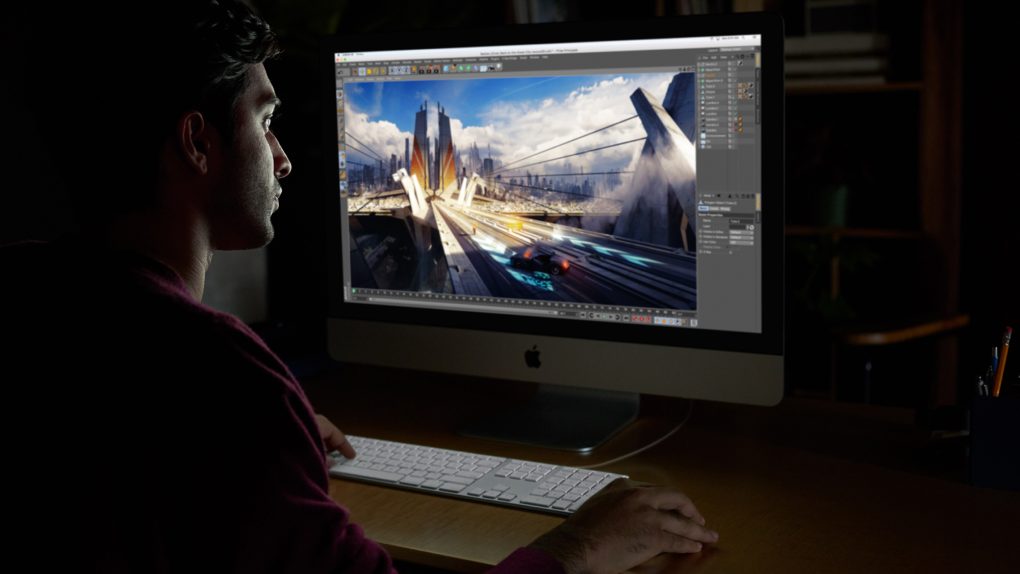Apple reportedly dropped some of the major changes it had planned for iOS 12 in order to focus on stability and performance improvements, according to a report earlier this week. However, that doesn’t mean iOS 12 will forego new software features. Among them, there’s one gem that apparently hasn’t been cut from Apple’s 2018 software rollout, and it may turn out to be one of the best things that ever happened to iOS.
Many people have iPhones or iPads, but not all of them own Macs, which is why many iOS users will not be able to take advantage of Apple’s rumored Marzipan project. If you’re unfamiliar with the codename, that’s because we first heard of it just last month when a report said Apple plans to have iOS apps run on Macs. That would be a game-changing move for the many iPhone and Mac users out there. I know I’m definitely excited about the idea.
Apple still plans to roll out this new Continuity-like update later this year, new reports from Bloomberg and Axios say.
The ability to run iPad apps will be a “signature” feature for the Mac, according to Axios. It’s also a “significant undertaking that adds a high degree of complexity to this year’s OS release.” Bloomberg echoes Axios, saying that the “combined apps platform” is very much on schedule to be introduced this year.
Apple said more than once that it doesn’t plan to unify the iOS and macOS platforms. At the same time, Apple introduced various features intended to allow users to seamlessly transition between iOS and macOS. Adding iOS app support to Macs sounds like the next logical step in that direction.
Of course, Apple isn’t the only company working on unified computing experiences. Some Android users who already own Chromebooks can install Android apps on their computers. Moreover, Google’s secret-but-not-so-secret Fuchsia OS is expected to run on mobile devices as well as laptops in the future. Microsoft wants its Windows experience everywhere, including computers and the Xbox. In the future, it may also launch a revolutionary Windows-based smartphone under the Surface brand despite earlier failures.








